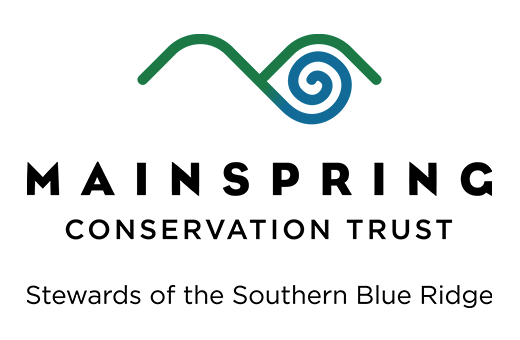From The Franklin Press, May 2, 2014:

It’s time for an update on all of the great work being done by the Land Trust for the Little Tennessee (LTLT) and its partners over the last few months. Much headway has been made toward developing the Southern Appalachian Stream Visual Assessment Protocol (saSVAP) to be used for volunteer stream monitoring in the Little Tennessee River Basin, which includes the Nantahala, Cheoah, and Tuckasegee rivers. The saSVAP is a simple tool that allows citizens without formal training in stream ecology to assess various aspects of stream health in their own backyards.
The LTLT has recently rebranded the protocol under the moniker Grade Your Stream. It is being integrated with the LTLT’s related Shade Your Stream program. A Grade Your Stream website is under development, which means participants will easily be able to input the results of their surveys with a few simple mouse clicks, said Jason Meador, Citizen Science Program Manager of the LTLT.
The development of Grade Your Stream and its affiliated up-and-coming website will make it easier than ever for citizens to share valuable information with researchers and others interested in monitoring watershed health in the region.
Another area of progress has been the research and synthesis of program implementation recommendations for the Grade Your Stream program by the University of Georgia 2013 Integrative Conservation (ICON) PhD program cohort. If you read one of our February columns you may remember that the LTLT and ICON students are developing a rollout plan to: (1) guide the LTLT in their expanded application of the saSVAP from its prior use solely within the Little Tennessee watershed as part of the LTLT’s biomonitoring program to its broader use by landowners and other citizens in the Little Tennessee River Basin; (2) explore ways to train citizens who will use saSVAP within both watersheds; and (3) learn lessons from saSVAP data collection within the Little Tennessee River Basin database. After meeting with Jason Meador and others at the Coweeta Hydrologic Lab in March, and implementing a prototypical Grade Your Stream survey, the ICON students began drafting a program planning guide that would assess these program elements.
On April 21, the ICON cohort delivered a draft copy of the Grade Your Stream Program Planning Guide to Meador, a nearly 90-page report outlining general information and specific recommendations for implementing the program.
The multidisciplinary team of 11 PhD students addressed how to make the protocol more relevant to volunteers and the community, how to make the survey instruments more simple and streamlined, and how to best promote and maintain long-term viability of the program. On April 28, ICON students returned to Franklin to debrief with Meador and other leaders of the Grade Your Stream, and discussed revisions to the document and next steps for the program. The ICON students have learned a lot from this experience, and are now using the experience with the LTLT to write a scholarly article about how conservation groups can contribute to community stewardship of watersheds. Though there is still a lot to be done, we are excited about the momentum gained in just a few short months and look forward to checking in with readers to report on our progress later this summer!
This column is produced by members of the Coweeta Listening Project (CLP), a branch of the Coweeta Long Term Ecological Research Program. Conact [email protected] or Coweeta Listening Project, UGA, 210 Field St., Room 204, Athens, GA 30602

